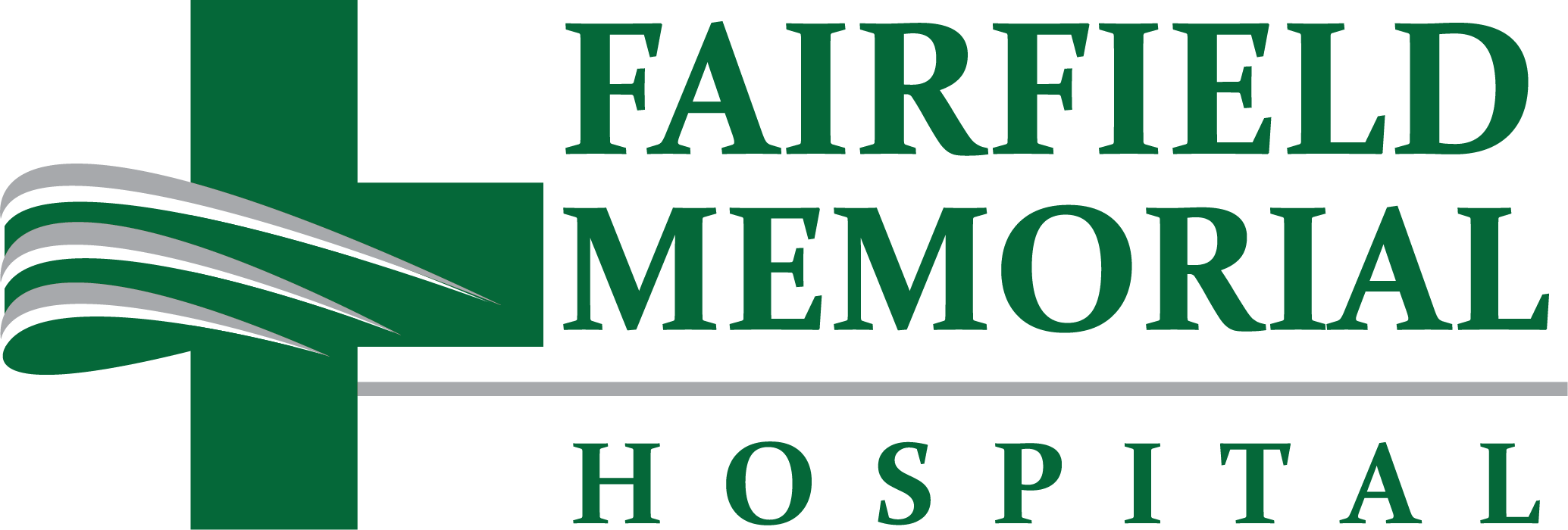Nuclear Medicine
What is Nuclear Medicine?
Nuclear medicine is a safe, painless, and cost-effective tool used to help physicians diagnose and treat diseased or abnormally functioning organs. In contrast to x-ray-based modalities of radiology, nuclear medicine offers functional rather than anatomical imaging. Nuclear medicine uses a type of radiation called gamma rays which are safe to be injected or ingested by the body. These are then imaged to visualize how particular systems in the body are working, rather than just what they look like. The amount of radiation given for most nuclear medicine procedures is equal to the radiation received from a common x-ray. The liver, gallbladder, stomach, kidneys, bones, heart, lungs, thyroid gland, and other organs can be evaluated using nuclear medicine procedures.
Medicines (pharmaceuticals) are attached to radioactive materials (radioisotopes) to make radiopharmaceuticals. The pharmaceutical part of the radiopharmaceutical is designed to go to a specific organ. The radioactive material part of the radiopharmaceutical emits gamma rays which are detected by a special camera called a gamma camera. For instance, a bone scan requires an injection of a radioisotope that is attached to phosphate. Phosphate is naturally absorbed by bone material, therefore a skeleton can be seen when a bone scan is performed.
Common Procedures
We have a state-of-the art GE system called the Discovery NM630. Our camera is only the second system to be installed in the United States. Features of this system include:
Are you having one of these tests done?
Learn more about what to expect by clicking to download information on the following:
Nuclear medicine is a safe, painless, and cost-effective tool used to help physicians diagnose and treat diseased or abnormally functioning organs. In contrast to x-ray-based modalities of radiology, nuclear medicine offers functional rather than anatomical imaging. Nuclear medicine uses a type of radiation called gamma rays which are safe to be injected or ingested by the body. These are then imaged to visualize how particular systems in the body are working, rather than just what they look like. The amount of radiation given for most nuclear medicine procedures is equal to the radiation received from a common x-ray. The liver, gallbladder, stomach, kidneys, bones, heart, lungs, thyroid gland, and other organs can be evaluated using nuclear medicine procedures.
Medicines (pharmaceuticals) are attached to radioactive materials (radioisotopes) to make radiopharmaceuticals. The pharmaceutical part of the radiopharmaceutical is designed to go to a specific organ. The radioactive material part of the radiopharmaceutical emits gamma rays which are detected by a special camera called a gamma camera. For instance, a bone scan requires an injection of a radioisotope that is attached to phosphate. Phosphate is naturally absorbed by bone material, therefore a skeleton can be seen when a bone scan is performed.
Common Procedures
- Nuclear Stress Test (walking or non-walking) – Also known as Cardiolite or Thallium, evaluates heart disease and heart function by visualizing how the heart uses the blood it receives.
- Bone Scan – often confused with a bone density scan that shows how hard the bones are, a bone scan shows us how the bones are building. This is used to detect cancer in the bones, stress fractures, and infections in the bones.
- HIDA – evaluates how well the gallbladder is functioning as well as detect bile leaks or bile duct obstructions.
- Thyroid Scan – visualizes the thyroid function to compare with the known thyroid anatomy and levels of thyroid hormones in the blood.
- Thyroid Therapy (a.k.a. Radioiodine Therapy) – a safe and noninvasive way to destroy an abnormally functioning thyroid.
- Gastric Emptying Scan – shows how fast or slow food passes through the stomach.
- Lung Scan (a.k.a. V/Q Scan) – detects blood clots in the lungs by comparing the blood flow to the lungs with the air flow to the lungs.
- G.I. Bleed – aids surgeons in finding the source of an active bleed in the G.I. tract.
- Renogram – evaluates the function of each kidney individually.
- Parathyroid – visualizes abnormal functioning parathyroid tissue.
- Liver/Spleen – assesses chronic liver disease by visualizing the function of the liver and spleen to find abnormally functioning areas.
- Provides exceptional image quality and acquires images faster, especially on cardiac and bone studies.
- Restriction of blood flow to parts of the liver, kidneys, thyroid gland and many other organs
- Performing Radioiodine Therapy
We have a state-of-the art GE system called the Discovery NM630. Our camera is only the second system to be installed in the United States. Features of this system include:
- All digital NXT technology
- Less intimidating design with a slim base as well as a larger opening for scanning
- Half time imaging is available with some procedures to shorten scan time.
- Half dose imaging is available with some procedures to reduce radiation exposure.
- Automatic body contouring keeps the camera at a constant distance from your body without ever touching you.
- Multiple scanning positions for stretcher, sitting, or standing patients.
Are you having one of these tests done?
Learn more about what to expect by clicking to download information on the following:

